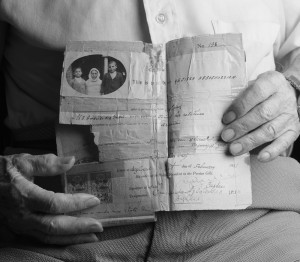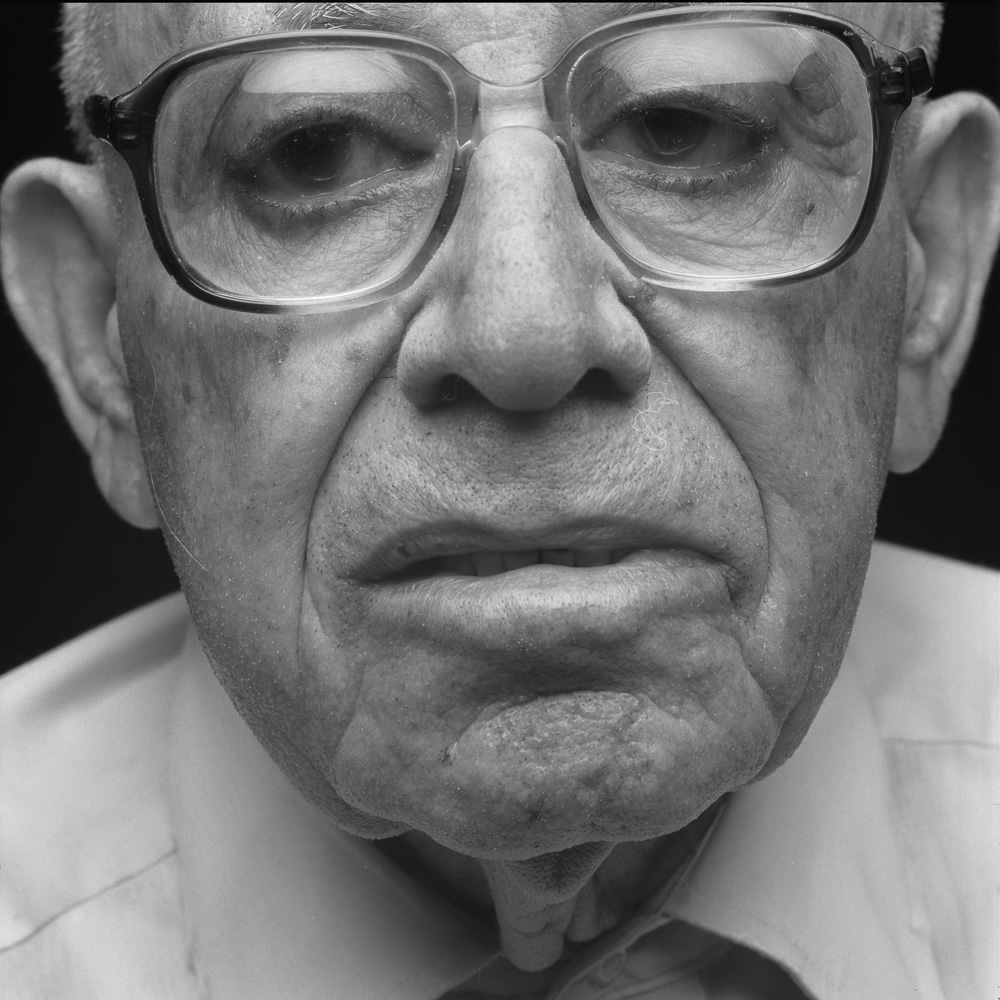Souren Abrahamian
In September 1920, our tranquil existence on the desert of Bakouba came to an abrupt end when our camp became the targets of indiscriminate volleys of rifle fire from the Arabian side of the river. The small number of soldiers, both English and Hindu, stationed at the camp was insufficient to guard the long periphery of the tent city. Hastily, young and able-bodied Armenians and Assyrians were pressed into service. They were given Manchester rifles. I remember the name since three men from our neighboring tent received them. The rifles might have been usable but the ammunition was old. As old as the river was this late in the summer, our bullets could hardly traverse half way across. They would fall—plunk, plunk—into the river. The Arabs, incited by the Turks who announced they were from Van, would boldly stand up on their side of the river and taunt the Armenians by saying: “There are lots of Armenians, but no guns; there are lots of Arabs but no women.” The meaning of the insult was clear…

Of course, the Arabs had modern weapons, as well as fresh ammunition, powerful enough to hit any and every spot in the tent city. Not satisfied with just shooting blindly at tents (I do not remember how many days had elapsed since the firing had commenced), some fifty or more Arab horsemen invaded the camp by crossing the river and shooting at everything in sight. Commotion, panic, and chaos gripped the people. Everyone headed toward the market area. Children were being trampled, as were the weak and ailing. This could have been a disaster of serious magnitude had there not been one brave individual from Van who stepped out in front of the charging Arabs and sprayed them with bullets from his German Mauser, which he had somehow smuggled past the British at Hamadan where everyone was disarmed. This sudden appearance of armed resistance caused the Arabs to beat a hasty retreat. Soon reinforcements came to the lone hero and the camps were saved.

